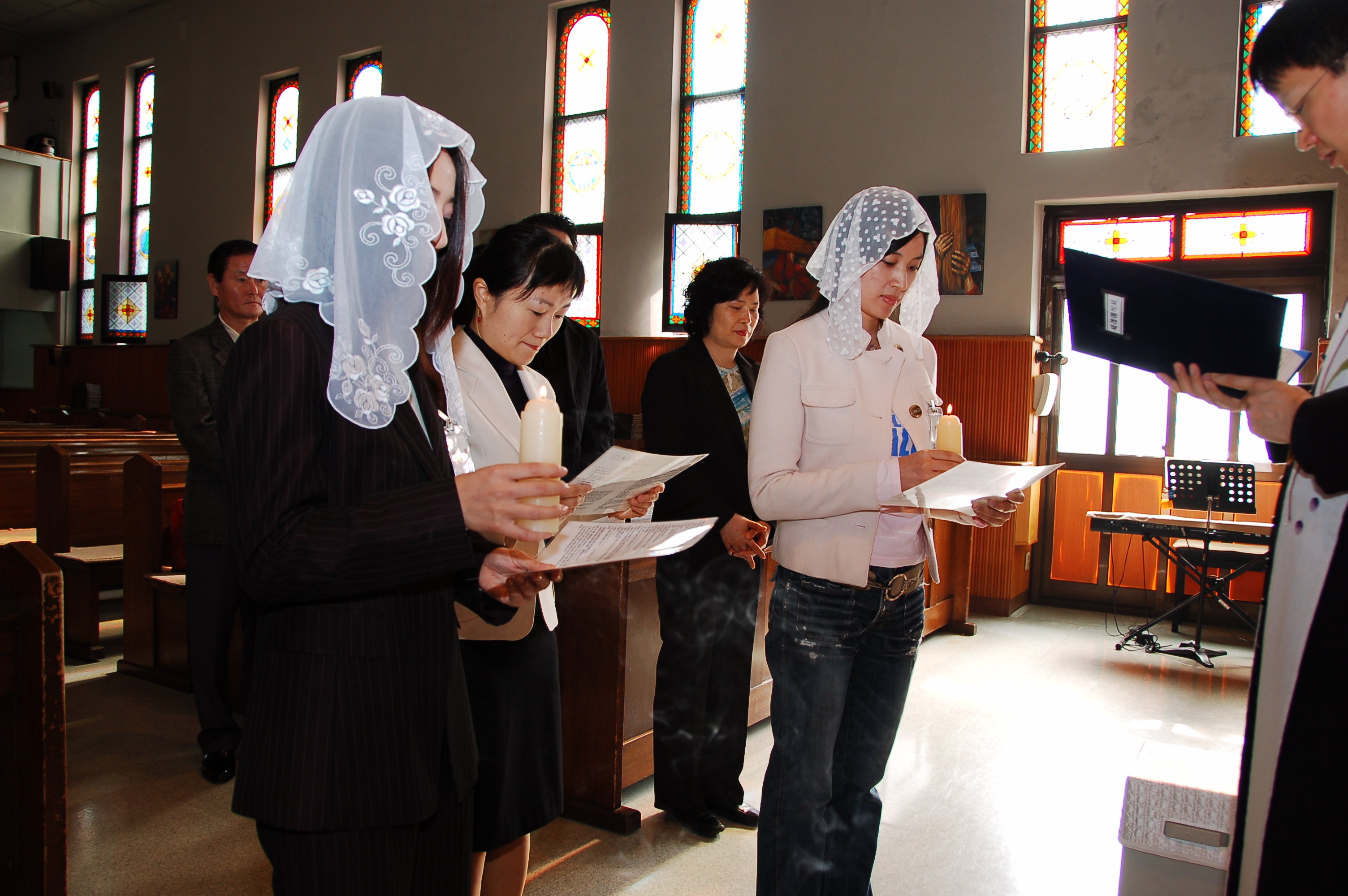Germany’s Catholic and Protestant Churches have held their last joint “Week for Life”, a 30-year-old ecumenical event that has come to an end because of differing views on planned law reforms.
The Churches, which focused on the integration of disabled young people during the week of 13-20 April, said they would “work together on a new structure to address bioethical issues jointly in a contemporary format”.
This amounted to a veiled admission that their different stands on bioethical issues are diverging further as politicians debate reforming current laws on abortion, assisted suicide, stem cell research and surrogacy.
“In ecumenical affairs, one often said ‘faith separates, action unites’,” the Catholic ethicist Christian Stoll told German radio. “In view of the current legislative plans, we found this unity is not is such good shape.”
Germany’s centre-left coalition, which came to power in 2021 after 16 years of governments led by the Christian Democrat Chancellor Angela Merkel, is currently debating loosening its bioethical laws.
The Evangelical Church in Germany (EKD), the Protestant federation about equal in size to the country’s Catholic Church, decided last year that 2024 would be the last year it participated in the “Week for Life”, the originally Catholic initiative which it joined 30 years ago.
Its leadership said the EKD was still concerned with protecting life, but it found itself increasingly at odds with Catholic positions – for example, while Protestant ethicists increasingly support a loosening of restrictions on abortion, Catholic bishops have reiterated their opposition to such change because they see life beginning at conception.
“Catholic theology is strongly oriented toward principles,” said Protestant theologian Miriam Rose. Protestants also have values, she added, but they also ask what real consequences practical decisions can have.
Technical progress does not always solve ethical problems. “Scientific results sometimes have so many meanings that different options can be taken even if you have the same principles,” she added.
In their sermons at an ecumenical service opening the week, Bishop Georg Bätzing of Limburg, the president of the Catholic bishops’ conference, and Bishop Kirsten Fehrs, acting EKD leader, both emphasised the value of life and inclusion for their churches.
While they vowed to find a replacement, Stoll saw a danger in ending their joint participation in the event. “If there is no longer a common stand on life issues between the two big churches, then the social influence will disappear further,” he said.



 Loading ...
Loading ...